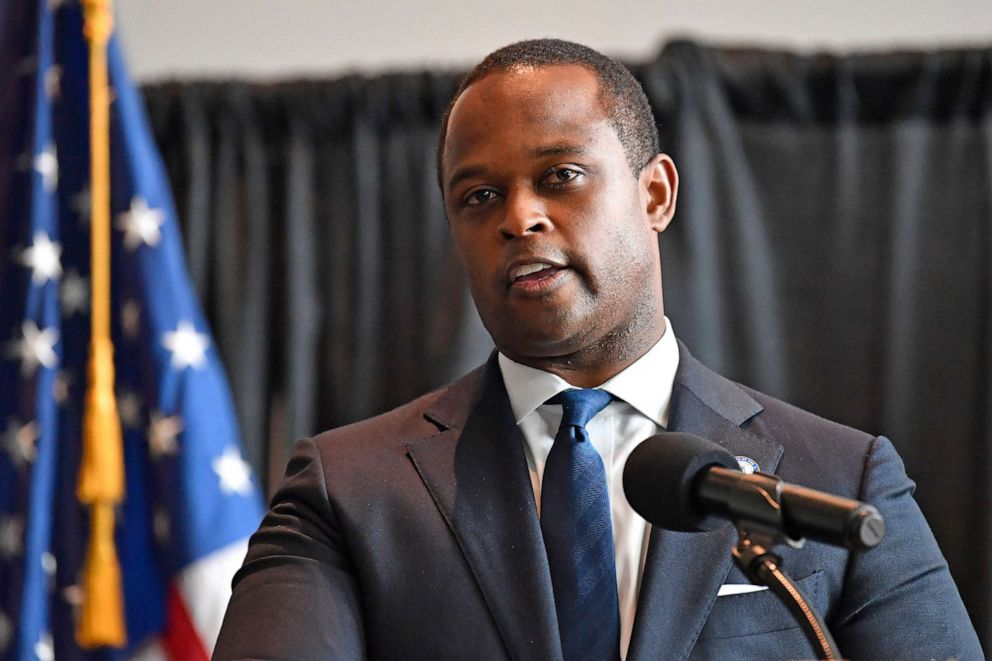Near-total abortion bans reinstated in Kentucky
Neither ban allows exceptions in cases of rape or incest.
Abortions have once again stopped in Kentucky after an appeals court reinstated two bans.
One ban, a so-called trigger law -- designed to go into effect after the Supreme Court overruled Roe v. Wade in June -- bans all abortions from the moment of conception.
It also makes performing abortions a felony punishable by up to five years in prison.
The other ban prohibits abortions after fetal cardiac activity is detected, which generally occurs around six weeks' gestation, before most women even know they're pregnant.
Neither ban allows exceptions in cases of rape or incest. The only exception is if the mother's life is in danger.

An injunction preventing enforcement of the bans was issued June 30 and then extended on July 22 by a judge while a lawsuit filed by Planned Parenthood and EMW Women's Surgical Center -- abortion providers in Louisville -- plays out.
But on Monday evening, Judge Larry Thompson granted an emergency request filed by State Attorney General Daniel Cameron's office to reinstate the two laws.
In his ruling, Thompson said that although the constitutionality of the statutes has not yet been determined, "a statute carries with it the presumption of constitutionality" in Kentucky.
"I appreciate the court's decision to allow Kentucky's pro-life laws to take effect while we continue to vigorously defend the constitutionality of these important protections for women and unborn children across the Commonwealth," Cameron tweeted.
Meanwhile, abortions rights supporters decried the ruling. Tamarra Wieder, Kentucky state director for Planned Parenthood Alliance Advocates, told ABC News she was "absolutely devastated" by the decision.
"It does so much harm to our patients and communities who are seeking abortion care," she said. "And now that they have to, again, go out of state for abortion care just creates undue barriers to their health care."
Wieder continued, "It's so heartbreaking when you're looking at other states that do have access but, because you're based in Kentucky, you're going to have fewer choices than your neighbors."
The ACLU of Kentucky, which is representing EMW Women's Surgical Center in the lawsuit, said the clinic will stop providing abortion care while the case in ongoing.
The organization also said Tuesday in a tweet it will be appealing the decision, along with the other organizations that filed the lawsuit, to the state's Supreme Court, writing, "We won't stop fighting for your right to make the best decisions for yourself because no person should ever be forced to remain pregnant against their will.
Wieder added that, in November, Kentuckians will have a chance to vote on adding a constitutional amendment on the right to an abortion.
Voters will vote "yes" or "no" on this phrase: "To protect human life, nothing in this Constitution shall be construed to secure or protect a right to abortion or require the funding of abortion."
"We still have an opportunity in November to protect access to abortion by voting 'no' on the constitutional amendment," she said.



